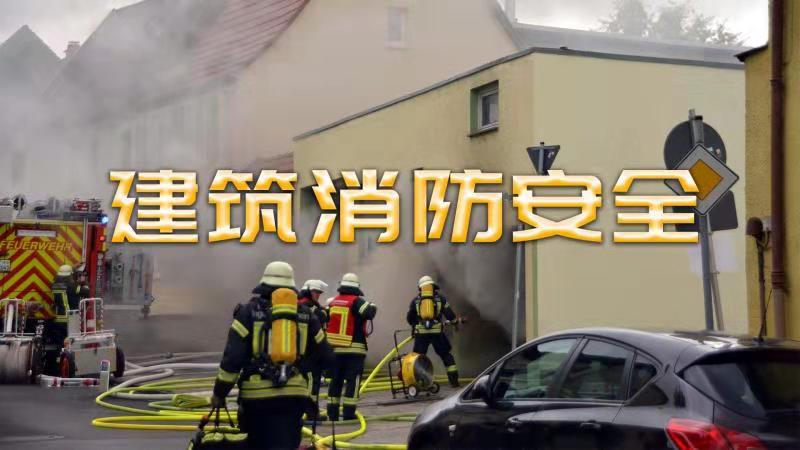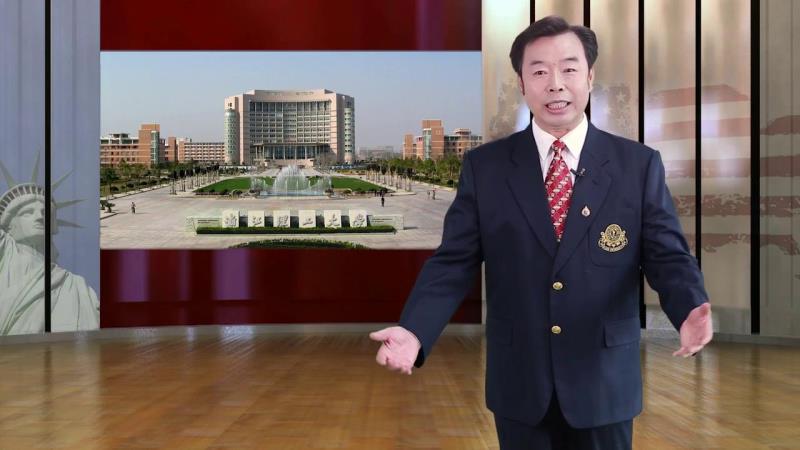
当前课程知识点:Hospitality English > 2 MEET AND GREET > 2.2 Meet and Greet at Accommodations > 2.2.3 Know how to offer more
返回《Hospitality English》慕课在线视频课程列表
In this video, you will learn about the importance of offering a little more to customers. What do you think why customer satisfaction matters a lot in hospitality services? Discuss some more small offerings that can increase your customer satisfaction.
返回《Hospitality English》慕课在线视频列表
在住宿行业 第一印象之后
酒店服务的工作人员
应该懂得如何为顾客提供更多的服务
将这一技巧融入到酒店服务中
可以改变商业的游戏规则
多给顾客提供服务可以提高顾客的满意程度
让他们再次光临
或进行积极的口碑传播
正面的口碑会吸引更多的顾客
这个循环就会持续下去
接待服务的员工应该知道
为顾客提供更多的服务来提高顾客的满意程度
并不是说要给顾客很大的优惠
而小事是很重要的
小事包括对客人的热情欢迎
把他们的行李带到房间
让他们感到特别
除了把他们的行李带到他们的房间
放置一篮水果或免费的三明治
或在客人的房间里放置一些其他的小礼物
这将有助于满足客人的即时需求
并创造一个良好积极的印象
特别是当客人在深夜到达酒店时
应该立即满足客人的需要
摆放一盘三明治
或者帮客人拿行李到房间对酒店服务来说并不是什么大事
但对客人的满意度却有很大的积极影响
其他的小服务或提供的优惠
包括在酒店房间内提供免费的WiFi服务
提供饮料的优惠券
提供小礼物让客人感到特别
还提供免费的城市地图
并做一个欢迎指南
介绍当地最受欢迎的餐馆 银行 ATM机
邮局 杂货店等等
小事对提高顾客满意度起着至关重要的作用
所以 小事也是很重要的
住宿业接待的第三部分是
让你的言语变得重要
言语是强有力的工具 它可以决定任何情况的成败
特别是在接待服务中 语言的使用非常重要
员工说出来的话
会对顾客的服务感知产生巨大的影响
因此 养成使用正确的话语
与客人恰当沟通的习惯是至关重要的
这可以提高顾客的满意度和他们的再次光临意向
顾客的满意度是酒店服务的重点
因此 要提高顾客的满意度
就需要注重员工的沟通技巧
情况不同 回答也应与之相对应
当顾客面临一些问题 联系到前台时
员工应该知道如何处理 该说什么
哪些话该说 哪些话不该说
例如 当顾客面临问题 要求帮助时
在这种情况下 不 或 我们不能这样做 不是一个很好的答案
但工作人员可以说 让我为你找到一个解决方案
或 请允许我想出一个解决方案
另一种情况可能是在电话中
当客户想要预订酒店时
如果酒店已经满员
在这种情况下
如果工作人员回应说 我们已经售罄了
那就不是一个好的回答
而应该说 我们酒店已经满员了
您要不要我帮您找一下附近的住宿
这样会给他们留下我们酒店的好印象
两者传达的信息是一样的
但如果你用对了词 就会有不同的效果
第二种方案给人的印象更好
让酒店有更好的服务形象
顾客就会愿意到你这里来
另外 为了提高顾客的满意程度
提高酒店的正面形象
各部门的工作人员之间都应该有良好的 积极的关系
因为当顾客要求帮助 而员工无法解决时
员工可以给出的不好的回答是 我不在那个部门工作
或 我不了解那个部门
但令人满意的回答可以是
我很乐意帮助您找到那个合适的人更好地帮助您
所以 以积极的方式使用词语可以提高顾客的满意度
有一个问题想问你
为什么酒店业解决顾客的问题很重要
是的 可以有很多答案
但我们已经讨论过 旅游和旅游酒店业
完全依赖于顾客
顾客为王
因此 需要解决顾客的问题
来提高顾客的满意度
让生气的顾客满意
提高高评价的分数
而做到这些可以使旅游企业蓬勃发展
-1.1 Hospitality and Tourism
--1.1.1 Introduction of hospitality
--1.1.2 Introduction of tourism (1)
--1.1.3 Introduction of tourism (2)
--1.1.4 Basic conception of tourism (1)
--1.1.5 Basic conception of tourism (2)
-1.2 Tourism Industries
--1.2.4 Convention & exhibition
--1.2.5 Entertainment & recreation
-1.3 Nature of Tourism Businesses
--1.3.2 Characteristics of hospitality
--Week 1 Quiz
-2.1 Basic Approaches and Etiquette of Hospitality
--2.1.1 Basic approaches and etiquette of hospitality
-2.2 Meet and Greet at Accommodations
--2.2.3 Know how to offer more
-2.3 Meet and Greet at Other Situations of Hospitality
--2.3.1 At transportation services
--2.3.3 At conventions and exhibitions
--2.3.4 At entertainment and recreation situations
-2.4 Communication Skills of Online Travel Agency
--2.4.1 Communication skills of online travel agency
--Week 2 Quiz
-3.1 Culture and Communication
--3.1.2 The characteristics of culture
--3.1.3 What is communication?
--3.1.5 Myths of communication
-3.2 Barriers to Cross-cultural Communication
-3.3 Cross-cultural Communication
--3.3.2 Cross-cultural verbal communication
--3.3.3 Hofstede's cultural dimensions (1)
--3.3.4 Hofstede's cultural dimensions (2)
-3.4 International Practice in Cross-cultural Communication
--3.4.1 International practice in cross-cultural communication
--Week 3 Quiz
-4.1 Getting to Know Tourism Literature
--4.1.1 Significance of tourism literature
--4.1.2 Proper way to choose for reading
-4.2 Capturing the Main Ideas
--4.2.1 Starting with the title & abstract
--4.2.2 Following the structure to focus
--4.2.3 Identifying topic sentences
-4.3 Accumulating Idiomatic Expressions
--4.3.1 Expressions of defining & categorizing
--4.3.2 The extensive use of passive voice
-4.4 Summarizing Reading & Thinking
--4.4.1 Writing a summary of your readings
--4.4.2 Taking notes of your thinking
--Week 4 Quiz
-5.1 What Is A Literature Review
--5.1.1 The definition and types of literature review
--5.1.2 Systematic approaches of literature review
-5.2 Collection and Analysis of Literature
--5.2.2 Methods of literature collection
--5.2.3 Analysis of literature
-5.3 Content of Literature Review
--5.3.1 Concepts, propositions, and theories
--5.3.2 Conceptualization and theoretical framework
--5.3.3 Operationalization of the research framework
-5.4 Evaluate Your Literature Review
--5.4.1 Evaluation of your literature review
--Week 5 Quiz
-6.1 Basic Structure of MTA Thesis/Project
--6.1.5 Reference and acknowledgement
-6.2 Stages of Completing a Thesis
--6.2.1 Thesis initiation stage - research design
--6.2.2 Thesis initiation stage -research methodology(1)
--6.2.3 Thesis initiation stage - research methodology(2)
--6.2.4 Thesis initiation stage - research proposal
--6.2.5 Thesis writing and completion stage
-6.3 Essentials in Managing a Successful Thesis
--Week 6 Quiz
--Final Quiz


